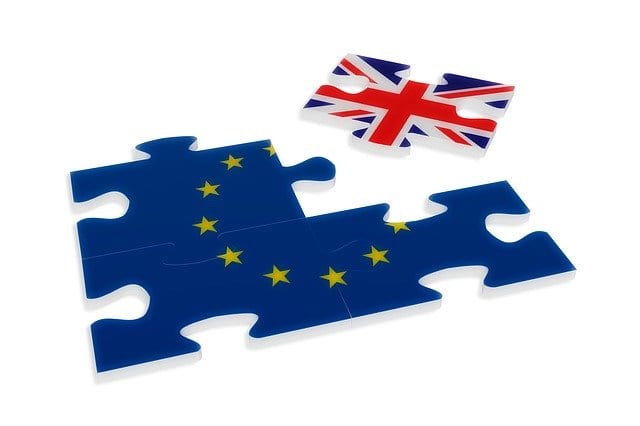Informal talks continued 14 September onwards with the Internal Market Bill overshadowing events, with calls from the EU and key figures in the UK for it to be scrapped. The issue lies in that while the bill is designed to enable goods to flow freely within the UK, it also gives powers to the government to amend parts of the legally binding Withdrawal Agreement, which outlines the terms of our exit from the EU. Opponents to the bill call out that it goes against international law and damages trust between the two sides. Round nine of UK-EU negotiations formally starts next week, 28 September.
It was reported on 15 September that the Internal Market Bill was approved in its first hearing by 340 votes to 263 (BBC), which is unsurprising as the Conservatives have a majority, but two disagreed and another 30 abstained. Former Conservative Leader, Lord Hague, warned against breaching international law saying it would be a “serious foreign policy error… “It would have a lasting and damaging effect on our international reputation and standing, diminishing our ability to exert our influence and protect our interests.”
18 September the Financial Times shared that Brussels rejected proposed changes to the Internal Market Bill as they still violated international law. In response to disagreements to the bill, Boris Johnson outlined that its use would only come about following a vote from MPs and when they could prove the EU was “engaged in a material breach of its duties of good faith, thereby undermining the fundamental purpose of the NI protocol”. Ursula Von der Leyen, president of the European Commission, confirmed this would need to be resolved before any trade deals were ratified. This report also mentioned how there had been tentative signs of flexibility from the UK on the matter of fishing, including the idea of a phase-in approach of a gradual decline of European access to British fishing waters and different criteria to divide shares of species that straddle both territories’ waters.
The Guardian reported on 18 September that a Fujitsu-led consortium of companies won the £200 million Irish sea contract to implement Brexit checks on goods. The trader support service (TSS) will be free to traders moving goods between Great Britain and Northern Ireland and importing goods into Northern Ireland from the rest of the world, in line with requirements under the Northern Ireland protocol. HRMC said this will go live at the end of September for businesses to register and start preparing for the end of the transition period.
A new initiative is being launched to help travellers following the end of the transition period, with a dedicated website for advice including checks for health insurance and driving licences (BBC). From 1 January 2021 we’ll no longer be part of the EU therefore travellers will be required to ensure their passports comply with the new requirements, they have valid licences to drive abroad and obtain health insurance as the European Health Insurance Cards will no longer be valid. Travellers also need to check with their phone operator as the guarantee of free mobile phone roaming comes to an end; however, most operators have so far not announced new charges.
We heard on 20 September that as the negotiations failed to agree on the UK continuing pan-European banking rules and passporting, tens of thousands of UK citizens living in the EU will lose their UK bank accounts and credit cards. As the current rules will fall away on 1 January 2021, it would be illegal for UK banks to provide services to expats without having new banking licences. Rather than negotiate new arrangements with each individual country, some banks are deciding to pull services from certain countries. Get Make Digital reports how Barclays have emailed customers in Spain saying accounts will be cancelled in November 2020 if they fail to provide a UK residential address.
The EU Reporter shared on 21 September that the European Commission gave financial market participants 18 months to reduce exposure to UK Central Counterparties (CCP), which they felt was a clear indicator of the intention to move clearing businesses out of London and into Europe. The London Clearing House (LCH) clears nearly a trillion euro-worth of euro-denominated contracts a day and accounts for three-quarters of the global market. Previously, the London Stock Exchange warned that 83,000 jobs could be lost as a result of this action, with spillovers into other areas such as risk management and compliance.
Dorset Chamber delivers a free of charge Brexit advice service to all businesses, funded by BCP Council and Dorset Council. For information and advice please contact us at gateway@dcci.co.uk / 01202 714800 or visit dorsetchamber.co.uk.
